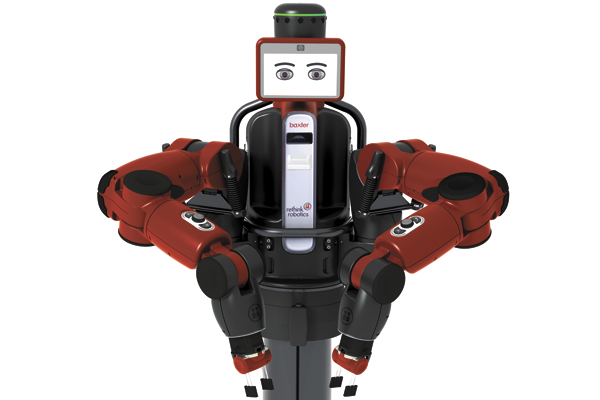
Global reach: robots have yet to conquer the world
Robotics
Robots may have yet to show they can take over the world – a vision of many science fiction writers – but they have made a considerable mark on the field of manufacturing.
Industrial robots – programmable, multifunctional manipulators – are ubiquitous in factories making products from cars to chemicals. The systems take care of tasks that, if the machines had never been invented, would have been left to humans.
Jobs commonly performed by robots include welding car bodies, screwing together electronic devices and lifting any number of different items between machines at various stages of production.
It is a mistake, however, to blame robots for declining employment in manufacturing. Without the productivity improvements robots have made possible, the companies that use these devices, often with a few human employees to supplement their work, would struggle to be competitive. Indeed, without robots the companies might not be in business at all.
The Czech Karel Capek’s 1920 play R.U.R., which was translated into English three years later, coined the word “robot”. The main character was Rossum, an engineer who made android machines with a wonderful capacity for work. These robots, which start off as servants of mankind, eventually learn to think for themselves and overcome their human masters.
In the business world, robots have had a less dramatic though still eventful history. Industrial robots were first made in the early 1960s by the long-since-disappeared Unimation of the US. Today, the biggest makers of robots include ABB of Switzerland, Germany’s Kuka and Fanuc of Japan.
Robots’ capabilities are increasing year by year, including their ability to sense their surroundings through vision and touch systems. As a result, they can show some measure of adapting to their environment, such as “watching” for components approaching on a transfer line in irregular movements and grabbing them at the appropriate time.
Small companies, such as Rethink Robotics, based in Boston, have started to produce fairly cheap, highly adaptable robots that can work alongside humans. These machines use techniques of “smart” computing, or artificial intelligence, to offer a considerable amount of autonomous thinking. But truly autonomous robots – ones with the thinking power of the average human – have still to evolve.
Peter Marsh
